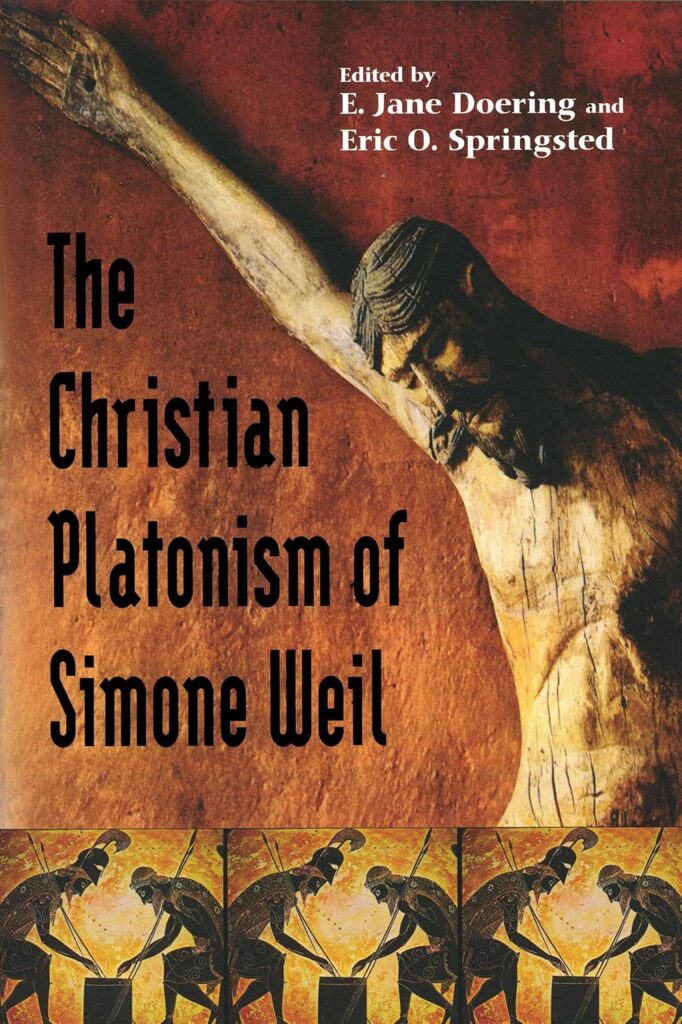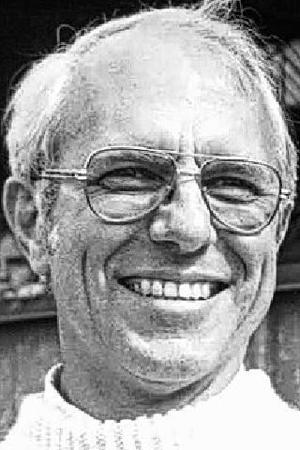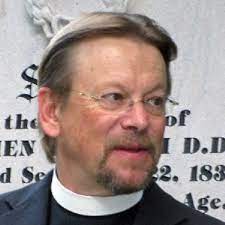E. Jane Doering: In Memoriam
Eric O. Springsted
Jane Doering (1933-2024) first came to an American Weil Society meeting in 1991 which was held at the College of Wooster. After raising a family, she had just finished her Ph.D. at Northwestern University, and was launching out into the beginnings of her own academic career. I remember well when I first met her. She was enthusiastic; I soon came to know that she always was that way. But for that first paper presentation, while outwardly confidant, she was really nervous, and not sure how to deal with questions after giving her paper. With one question, she deftly punted by replying: “How would you answer your own question?” That nervousness did not last long, however, as she gave a paper for most of the next thirty-three years for the colloquy, and asked and answered questions with the best of them.
Publications and Colloquies
Jane was a wonderful colleague, and a recognized Weil scholar. She published numerous articles in both French and English on Weil. She co-edited with me The Christian Platonism of Simone Weil (2004), authored Simone Weil and the Specter of Self-Perpetuating Force (2010), and co-authored with Ruthann Johansen, When Fiction & Philosophy Meet: A Conversation with Flannery o’Connor and Simone Weil (2019).

She will also be long remembered for the annual colloquies that she hosted at the University of Notre Dame in 2001, 2012, and 2022. Each was a testimonial to her diligence in raising needed funds to bring off a large conference, and to her attention to details, and to her personal hospitality in always adding something extra to the meeting. On year she arranged for a group of her students to give public reading of Stephanie Strickland’s poem The Red Virgin. Another year, she directed a student play of Weil’s time in New York. The 2001 colloquy brought to life a long time aspiration of the Weil Society to do an international meeting with many of our most prominent colleagues from France, including simultaneous translation. Those who were there will not forget it. Her efforts in 2022, just as we all were recovering from the hiatus of in-person meetings due to COVID, made that recovery full. In addition, she was a regular attendee at the annual colloquies of l’Association pour l’étude de la pensée de Simone Weil in France, and kept the two societies linked. {She was also Attention‘s advisory board from the outset.– rklc}
The value of work, the importance of character
What makes a good colleague is simple. A good colleague is someone with whom others can fruitfully and joyfully work. I found that eminently the case with Jane. I especially remember the work we did together in editing and getting published the papers that came out as The Christian Platonism of Simone Weil. The grant that Jane had procured for the conference of that title was large enough to allow funds for me to travel to Notre Dame to work with her in editing the conference papers in the fall of 2001. Originally, we were delayed a bit, as I was to fly out to South Bend for our first meeting on September 12, 2001. Needless to say, nobody was flying that day. When I finally was able to get there, going through deserted airports filled with soldiers with guns, we sat down to work.

Work meant the painstaking efforts of choosing the presentations we wanted, and making suggestions for improvement. It meant working carefully through translations of the presentations that were done in French. In some cases, it seemed pretty clear that the translator really didn’t know what the author was talking about. And it meant sorting out some academic word salads in English. The work was exhausting, yet rewarding, and we were both proud of it. At the end, after two more trips, we celebrated with a fine dinner cooked by Bernard Doering and a bottle of Mas de Libian, a Côtes de Rhone produced by Gustav Thibon!
While it comes out in the work, what underlies being a good colleague is character. Jane was personally a great person, willing to give of herself. For all the years of the Weil Society, she continually thought of “the young people,” as she always put it, i.e., the students of Weil’s thought, and the future generations of Weil scholars. She was a delight to be with, witty, an astute observer of people, a good raconteuse, and a sympathetic ear, as through the years many of us shared our personal and family joys and sorrows at each year’s meeting. That is what a great colleague is.
Cherishing community
In an age when thought as reflected in scholarly endeavors becomes more and more production oriented, and highly competitive and self-serving, Jane thought of the community. I hope her example inspires, because if it doesn’t, we will have truly lost something important.

(August 16, 2024)
Eric O. Springsted is the past president of the American Weil Society (1981-2014) and the author, most recently, of Simone Weil for the Twenty-First Century (University of Notre Dame Press, 2021). He is also on the Attention‘s advisory board.
1 Recommendation
